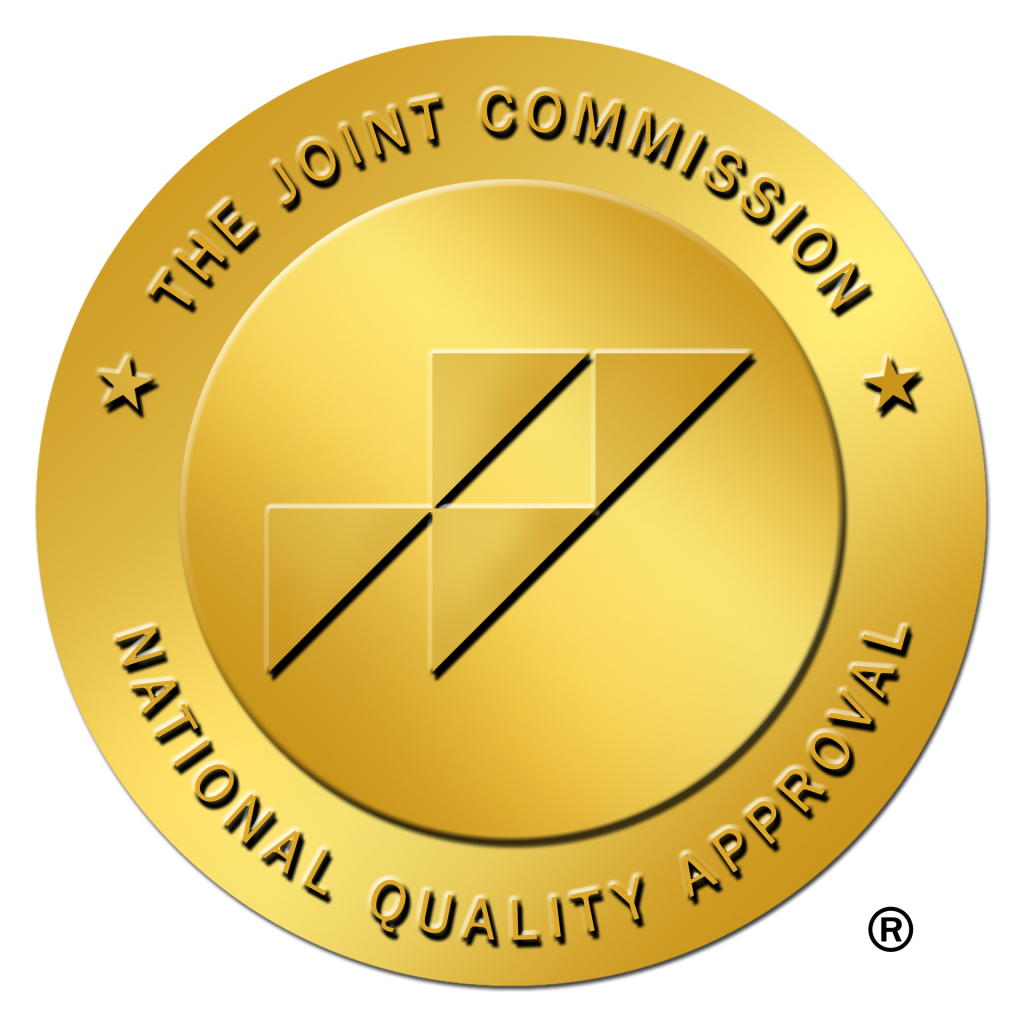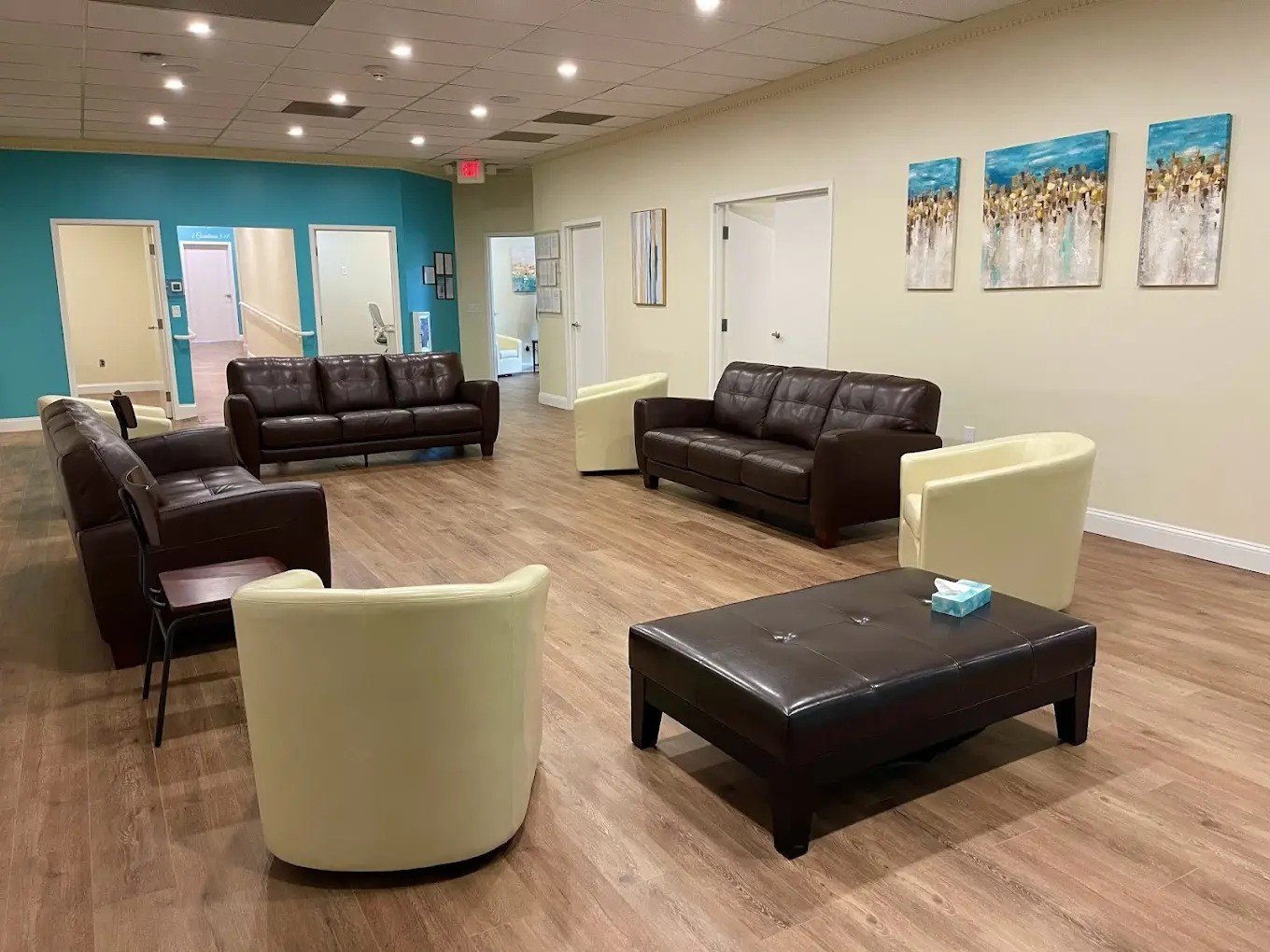Same Day Outpatient Rehab Nj
Personal Story Connection
When I first stepped into New Chapter Recovery, I encountered individuals at various stages of their recovery journey. Their stories were as diverse as their needs, each one painting a vivid picture of the daily struggles they faced. I met Mindy, a young woman in her late twenties who was battling opioid addiction while balancing a career. Her story is a testament to the transformative power of same day outpatient rehab NJ services. Our team at New Chapter Recovery worked diligently to create a personalized recovery path for Mindy, integrating evidence-based therapies and flexible scheduling to accommodate her professional commitments.
In the case of John, a veteran struggling with post-traumatic stress and alcohol dependency, our veteran-specific track was a game-changer. John found solace in animal-assisted therapy, where his connection with a therapy animal became a stepping stone toward healing. It’s these personal insights and the tangible transformations that drive my passion for working at New Chapter Recovery.
The Role of Evidence-Based Treatment
Our commitment to evidence-based treatment at New Chapter Recovery sets a robust foundation for recovery. We emphasize therapies that are scientifically validated, such as Cognitive Behavioral Therapy (CBT), Dialectical Behavioral Therapy (DBT), and Acceptance and Commitment Therapy (ACT).
CBT helps clients identify and challenge distorted thinking patterns that contribute to substance use. DBT equips them with skills to manage emotions effectively, a crucial aspect for individuals with co-occurring disorders. Through ACT, clients learn to embrace their feelings rather than fighting them, fostering acceptance and commitment to change.
These therapeutic modalities are interwoven with personalized care plans, ensuring that each client receives targeted interventions tailored to their unique circumstances. Our integrated dual diagnosis model is particularly effective for clients facing both substance abuse and mental health challenges, offering a comprehensive approach to healing.
Combining these therapies with the principles of 12-step programs enhances the recovery process. Clients gain peer support while engaging in structured, clinically guided sessions that promote sustained sobriety.
Adaptive Programs for Diverse Needs
Recognizing the diversity among our clients, New Chapter Recovery offers adaptive programs that cater to varying needs and schedules. Our Partial Hospitalization Program (PHP) provides intensive treatment with the flexibility for clients to return home in the evenings, allowing them to maintain familial and occupational responsibilities. This structured approach ensures clients receive rigorous care without the disruption of inpatient stays.
The Intensive Outpatient Program (IOP) is designed for those balancing work and recovery, offering sessions in the evenings and weekends. This flexibility is crucial for working professionals and students who require treatment without compromising their daily obligations. Additionally, our Outpatient Program (OP) serves as a step-down care option focused on long-term relapse prevention.
Integrating Specialty Tracks
At New Chapter Recovery, we recognize that one size doesn’t fit all. Our specialty tracks provide customized treatment pathways that resonate with clients’ individual contexts. Our animal-assisted therapy track leverages the therapeutic power of human-animal bonds to enhance emotional regulation and reduce stress.
Our veterans treatment track addresses the unique challenges faced by those who have served in the armed forces. Integrating trauma-informed clinical practices, this track supports veterans in managing PTSD and substance dependency.
- Faith-based recovery, which incorporates spiritual practices, is another track offered for clients who wish to integrate their faith into the healing process.
- These specialty tracks run parallel to our mainstream programs, allowing for an enriched, multidimensional approach to recovery.
Addressing Co-Occurring Disorders
Substance use disorders often coexist with mental health challenges, complicating the recovery process. Our integrated approach at New Chapter Recovery addresses co-occurring disorders through trauma-informed practices, ensuring a holistic healing process.
By implementing dual diagnosis services, we create a synchronized treatment plan that simultaneously tackles both substance dependency and mental health issues. This approach reduces the risk of relapse and promotes sustainable recovery outcomes.
Clients have shared how this integrated care model has made a significant difference in their recovery journey. For instance, Sarah, who struggled with depression and alcohol dependency, found that addressing both issues concurrently empowered her to reclaim her life.
The Importance of Family Support
Family involvement is a cornerstone of our treatment philosophy at New Chapter Recovery. We understand that addiction affects not just the individual but their loved ones as well. Therefore, our programs incorporate family support services to foster a nurturing recovery environment.
Our family counseling sessions aim to rebuild trust and improve communication, aligning family dynamics with the client’s recovery goals. We educate families on addiction and recovery, equipping them with the tools to provide effective support.
Through guided family sessions, clients and their loved ones can address underlying issues and develop strategies to avoid enabling behaviors, which reinforces the recovery process outside the clinical setting.
Participants in our family support programs often express gratitude for the opportunity to heal together, which strengthens familial bonds and encourages long-term recovery sustainability.
Swift Admission and Insurance Support
At New Chapter Recovery, we prioritize accessibility and efficiency in admissions. Our dedicated admissions team ensures a seamless, confidential intake process with same day admissions available for those in urgent need.
Insurance verification is expedited, with our team conducting benefit checks within minutes, thereby reducing financial barriers to treatment. Our expertise in navigating Tricare and out-of-network benefits provides clarity and assurance for veterans and families seeking treatment.
This swift and supportive admission process underscores our commitment to delivering timely care, helping clients begin their recovery journey with minimal delay.
Collaborative Treatment Plans
Upon entry into our program, clients collaborate with a multidisciplinary clinical team to develop personalized treatment plans. These plans are informed by initial assessments and tailored to address each client’s unique challenges and goals.
Our clinical team comprises professionals from various disciplines, including psychiatrists, therapists, and social workers, who work collaboratively to ensure comprehensive care.
Clients are actively involved in setting their recovery goals, fostering a sense of ownership and engagement in their treatment journey. This participatory approach enhances motivation and accountability, which are essential for success in same day outpatient rehab NJ settings.
Measuring Outcomes and Continuous Improvement
At New Chapter Recovery, we emphasize measurable clinical outcomes to gauge treatment effectiveness. By setting individualized goals and employing therapeutic modalities that align with these objectives, we ensure progress is objectively tracked.
- Regular assessments and evaluations facilitate adjustments to treatment plans, ensuring continued alignment with the client’s evolving needs.
- Feedback loops with clients create an opportunity for real-time modifications, which enhances the overall treatment experience.
This commitment to continuous improvement is a testament to our dedication to achieving lasting sobriety for clients, reinforcing the effectiveness of same day outpatient rehab NJ interventions.
What distinguishes same day outpatient rehab services from other treatment options?
Same day outpatient rehab offers immediate access to care without the need for an overnight stay, which can be crucial for individuals seeking treatment quickly. At New Chapter Recovery, we understand that waiting for treatment can exacerbate the situation, so we prioritize swift admissions to ensure that help is available precisely when it is needed. This approach is particularly beneficial for individuals who may have professional or personal constraints that make residential rehab impractical. Outpatient services also provide flexibility, allowing clients to maintain their daily routines while receiving the necessary support. It’s about making recovery accessible and aligned with the unique life circumstances of each individual.
How does evidence-based treatment ensure effective recovery in an outpatient setting?
Evidence-based treatment forms the backbone of recovery at New Chapter Recovery. By employing scientifically validated therapies such as CBT, DBT, and ACT, we offer structured and effective methods for addressing both substance use and co-occurring mental health disorders. For example, CBT helps clients reframe negative thought patterns, which can be a root cause of addictive behaviors. This is integrated with our personalized care plans to provide comprehensive support. Evidence shows that clients who engage with these methodologies can experience substantial improvements, supported by peer-reviewed studies highlighting their efficacy. Interested in seeing how these therapies can fit into your recovery journey?
How are co-occurring disorders addressed in same day outpatient rehab?
At New Chapter Recovery, we recognize the complex interplay between mental health and substance use disorders and offer an integrated dual diagnosis model to address both. This model ensures that treatment plans are synchronized to tackle all aspects of a client’s challenges. For instance, individuals dealing with depression or anxiety along with substance dependence find that simultaneous treatment can significantly reduce the risk of relapse. This is achieved through trauma-informed practices that consider the individual’s entire mental health landscape, not just the symptoms. Are you curious about how a dual diagnosis approach might apply to your or a loved one’s situation?
What role does family support play in the recovery process?
Family support is a pivotal element of the recovery journey at New Chapter Recovery. Addiction affects not just the individual but their entire support system. Family counseling sessions help rebuild trust and improve communication, enabling families to align with the recovery goals of their loved ones. We also educate families on avoiding enabling behaviors that might undermine recovery efforts. This comprehensive involvement of family members enhances the client’s support network, which is crucial for long-term success. Have you or someone close experienced how family dynamics can impact recovery? Your stories could help others understand the importance of this support.
How do specialty tracks enhance the recovery experience?
Specialty tracks at New Chapter Recovery allow us to offer personalized treatment pathways that resonate with clients’ specific backgrounds and interests. Whether it’s animal-assisted therapy providing a comforting presence, or a faith-based track incorporating spiritual practices, these tailored approaches cater to diverse needs. For veterans, our unique track addresses PTSD and substance dependency with trauma-informed practices, acknowledging the distinct challenges faced by those who have served. This diversity in treatment options ensures that we meet clients where they are, fostering a more profound connection to their recovery process. What aspects of these specialty tracks resonate most with you?
How do you measure success in an outpatient rehab setting?
Success in outpatient rehab at New Chapter Recovery is gauged through measurable clinical outcomes and continuous feedback. Each client works with a clinical team to set individualized goals, and progress is tracked through regular assessments. This allows us to adjust treatment plans in real-time, ensuring they remain aligned with the client’s evolving needs. By focusing on personalized metrics, such as frequency of relapse or improvements in mental health, we maintain a clear view of each client’s recovery trajectory. This approach not only tracks progress but also engages clients in their own recovery, creating a participatory environment. How do you think personalized goal setting can impact recovery outcomes?
Resources
- Substance Abuse and Mental Health Services Administration (SAMHSA) – SAMHSA is the leading agency in the U.S. promoting behavioral health and providing resources on mental health and substance use disorders.
- National Alliance on Mental Illness (NAMI) – NAMI is a well-known organization that offers support, education, and advocacy for individuals and families affected by mental illness.
- American Psychiatric Association (APA) – APA is a trusted organization representing psychiatric physicians and offers valuable resources on mental health disorders and treatments.
- National Institute of Mental Health (NIMH) – NIMH is the leading federal agency for research on mental disorders, offering comprehensive information on mental health conditions and treatments.
- MentalHealth.gov – This government website provides information, resources, and guidance on mental health issues, including how to get help and support.






